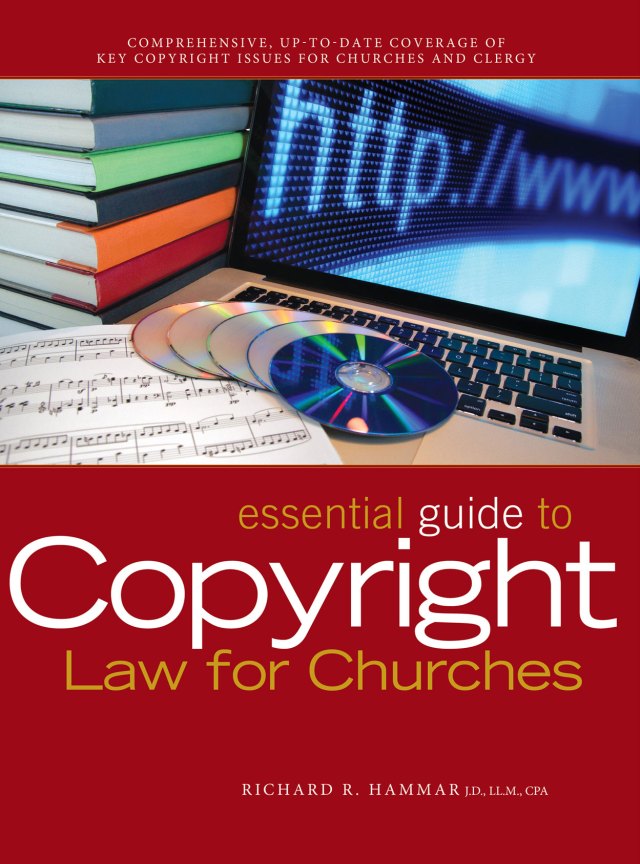Christianity Today explored the topic of who owns a pastor’s sermon. Churches and pastors may find this subject difficult to discuss, especially when sales of published sermons start to significantly add up.
Attorney Frank Sommerville shared his expertise in the Christianity Today article:
Disputes over the copyrights of pastors’ sermons aren’t likely to go away, said Frank Sommerville, a Dallas-based attorney who specializes in nonprofit law. That’s partly because of the money at stake, and partly because current copyright law is stacked against pastors.
Sommerville says that under the Copyright Act of 1976, a pastor’s sermons qualify as “work for hire.” That means the copyrights and intellectual property rights actually belong to their employer.
“It’s not the answer that pastors expect,” said Sommerville. “They’ve always taken the position that God gave them the sermon as part of their ministry. It never crossed their minds that there would be a law that would govern their sermons.”
(See the article online for the full context of Sommerville’s comments.)
Even if pastors write sermons at home, outside of office hours, the argument could still be made that those sermons are works for hire since creating sermons is one of the most important functions a pastor performs on behalf of an employing church, says Richard R. Hammar, senior editor of Church Law & Tax Report.
In the Essential Guide to Copyright Law for Churches, Hammar outlines more information that churches and pastors should know about the copyright of sermons:
The church owns the copyright in the sermons, unless the parties have expressly agreed otherwise in a signed writing that meets the requirements of section 201(b).Any written agreement between a church and a minister that transfers copyright ownership in works for hire to the minister may constitute inurement of church assets to the personal benefit of the minister in violation of section 501( c )(3) of the tax code. This jeopardizes the church’s tax-exempt status.The church has the exclusive right to copy and distribute the minister’s sermons. To illustrate, if a minister’s sermons are recorded and distributed publicly, and the minister resigns his or her position and accepts a position at another church, he or she does not have any legal rights with respect to the sermons preached at the previous church. Any further public distribution of the sermons could be done only by the previous church, and not the minister.The minister would not have the legal authority to publish a book based on the sermons that he or she has preached at the church, since the church is the copyright owner of the sermons (as works for hire). As a result, only the church can create, publish, and distribute publications based on the sermons.If the church receives royalties on the sales of the works for hire, this may generate unrelated business income tax.If the church receives royalties on the sales of works for hire, this may violate the “operational test” under section 501( c )(3) of the tax code (which requires that public charities be operated exclusively for exempt purposes), thereby jeopardizing the church’s tax-exempt status.If the church receives royalties from the publication and sale of a work for hire, and remits them back to the employee-author, this may constitute prohibited inurement that will jeopardize the church’s tax-exempt status.
For more information on how copyright law relates to churches, order the
Essential Guide to Copyright Law for Churches.



